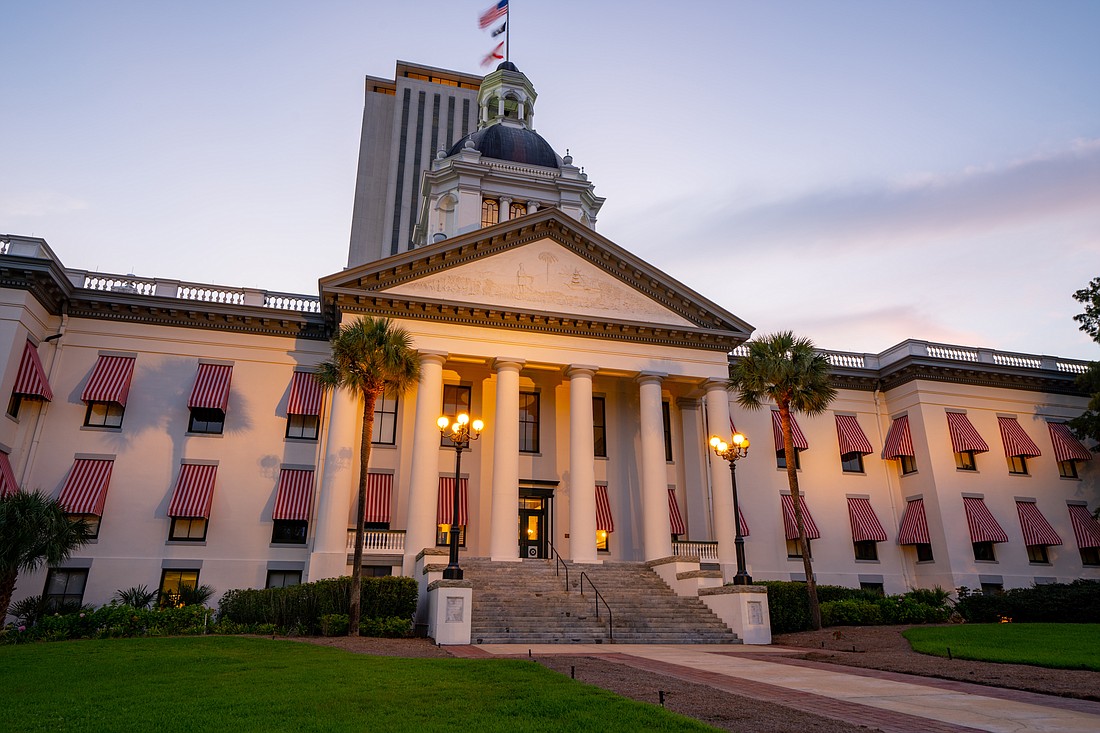- December 20, 2024
-
-
Loading

Loading

The Florida’s Supreme Court has declined a request from the Florida Banker’s Association to hold a hearing on reversing how much interest is paid on specific trust accounts held by lawyers that help fund legal aid organizations statewide.
In a one-sentence notice issued Wednesday, the court stated the association’s motion for a rehearing was denied.
“The FBA is obviously disappointed in the court’s order denying our motion for rehearing,” the group says in a statement sent to the Business Observer on Monday.
“However, we will continue to seek other avenues that will bring relief for our membership on this issue.”
This is the latest setback for the state’s bankers who have lobbied to overturn a Florida Supreme Court rule approved last year that changed the minimum banks must pay on IOTA account (Interest on Trust Accounts) and tied the rate to an indexed rate of between 3.25% and 4.99%.
Two bills that would have done that and capped what banks had to pay on those accounts at 2.55% died in committee in the Florida Legislature earlier this year.
Bankers have argued that the change cuts into their bottom lines by forcing them to pay more for accounts with a heavy transaction load. This, some banks have said, will lead them to drop out of the program.
The Florida Bar, which wrote the new rules the banks questioned, has countered that rule gives banks an incentive to bring in more business by offering higher yields.
The IOTA money is earmarked for Florida residents who are at or below 125% of the poverty level.
According to Funding Florida Legal Aid (formerly The Florida Bar Foundation), the state Supreme Court requires that all nominal or short-term funds belonging to clients or third persons be deposited into interest-bearing checking accounts. But the interest earned cannot be deposited back into the accounts. Instead, the funds go to FFLA to be distributed, in large part, to provide legal assistance for the poor.
The court implemented the program in 1981.